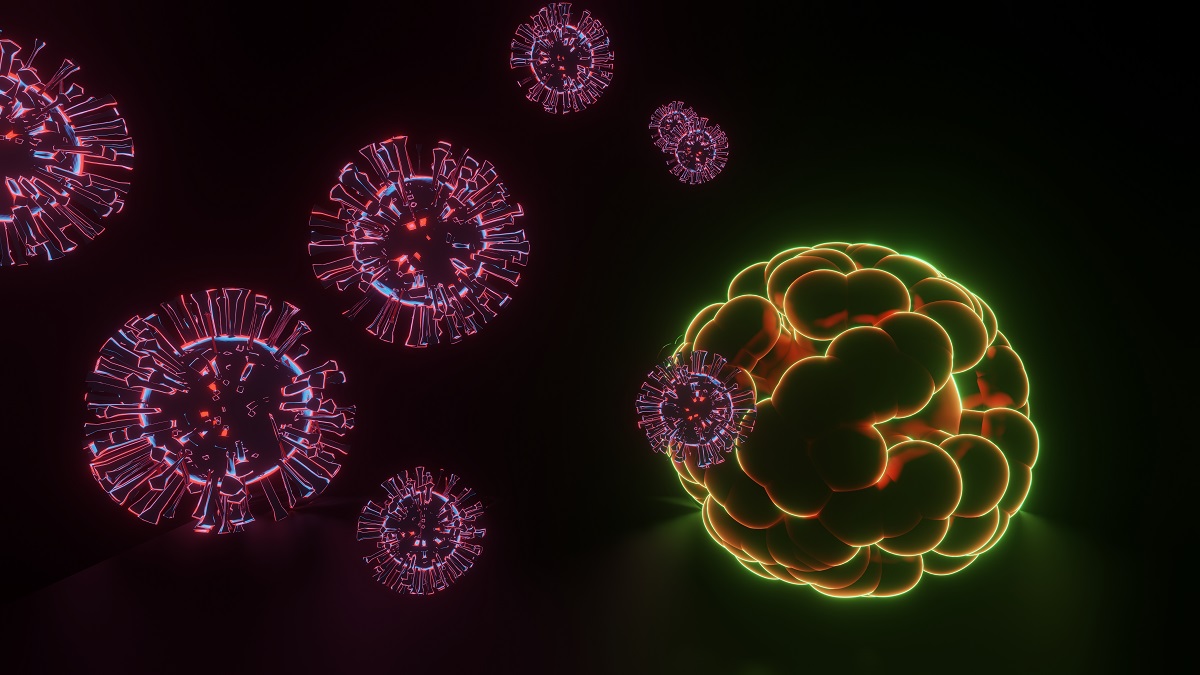KEY TAKEAWAYS
- The study aimed to identify factors affecting nivolumab response in R/M HNSCC.
- Results concluded that nivolumab efficacy in HNSCC is affected by clinical factors, age, prior treatment, immune environment, and gene mutations.
To enhance biomarkers predicting immunotherapy efficacy for head and neck squamous cell carcinoma (R/M HNSCC), Takahiro Tsujikawa and the team aimed to identify clinical, tumor microenvironmental, and genomic factors associated with the response to the anti-PD-1 antibody nivolumab in these patients.
The study compared 53 responders with 47 non-responders by analyzing formalin-fixed paraffin-embedded samples using 14-marker multiplex immunohistochemistry and targeted gene sequencing.
Of 100 patients included, responders had significantly lower smoking and alcohol indices, higher rates of immune-related adverse events, and greater PD-1 ligand (PD-L1) expression in immune cells, as well as a higher PD-L1 combined positive score (CPS) compared to non-responders. The frequency of natural killer cells was linked to nivolumab response in patients who had prior cetuximab treatment but not in those who were cetuximab-naïve.
Age-stratified analysis revealed that in patients aged 65 and older, nivolumab response was associated with high CPS and lymphoid-inflamed profiles. Conversely, in patients younger than 65, a lower neutrophil-to-lymphocyte ratio (NLR) in peripheral blood counts was associated with a better response.
The TP53 mutation-positive group had lower CPS and T cell densities, indicating an immune-excluded microenvironment. Patients with mutations in tumor suppressor genes, including TP53, CDKN2A, and SMAD4, had lower CPS, higher smoking indices, and poorer responses.
The study concluded that nivolumab treatment efficacy in HNSCC is influenced by clinical factors, age, prior treatments, immune environment characteristics, and gene mutation profiles.
Funding support was received by grants from Ono pharmaceutical Co., Ltd. and Bristol Myers Squibb; the Japanese Ministry of Education, Culture, Sports, Science, and Technology (22K09688 and 23K15891); Japan Agency for Medical Research and Development (JP23zf0227002); the Public Promoting Association Asano Foundation for Studies on Medicine; and the Research Promotion Award from the Oto-Rhino-Laryngological Society of Japan, Inc.
Source: https://pubmed.ncbi.nlm.nih.gov/39136017/
Tsujikawa T, Ohno K, Morita KI, et al. (2024). “Clinical, genomic and immune microenvironmental determinants of nivolumab response in head and neck squamous cell carcinoma.” Front Immunol. 2024;15:1390873. Published 2024 Jul 29. doi:10.3389/fimmu.2024.1390873



